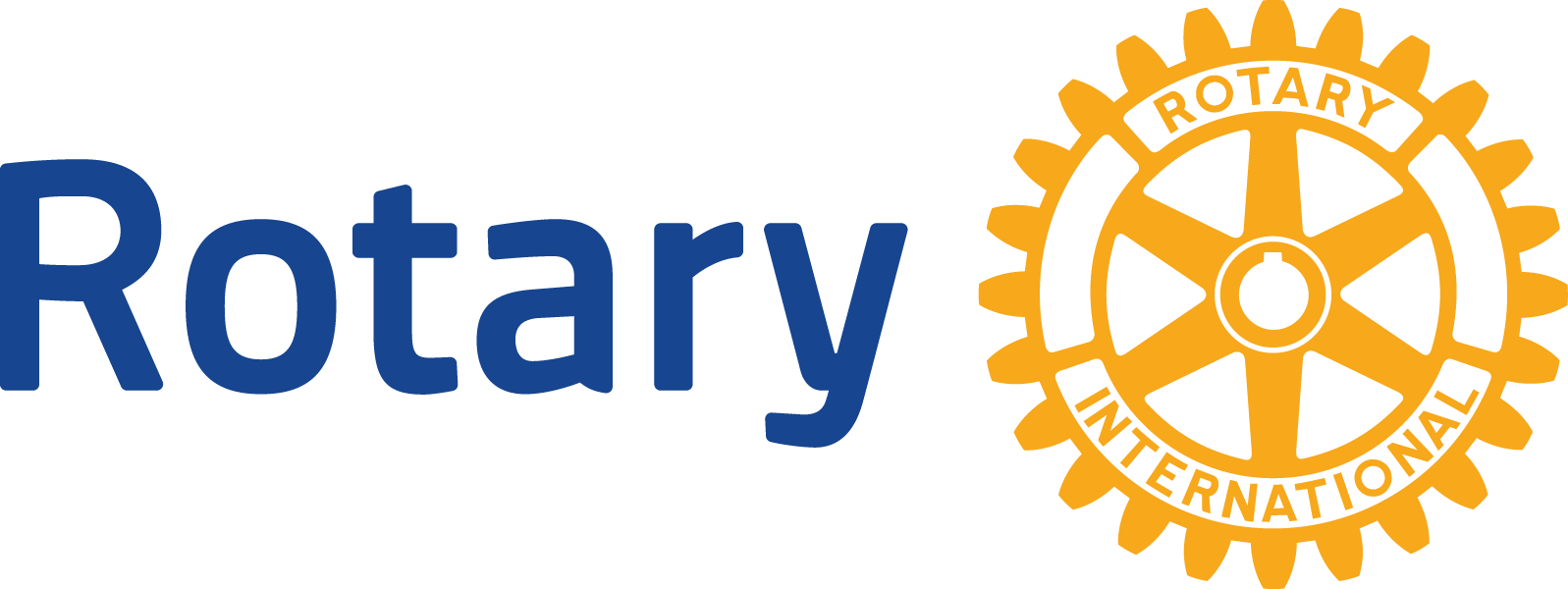History
 “WHATEVER ROTARY MAY MEAN TO US, TO THE WORLD IT WILL BE KNOWN BY THE RESULTS IT ACHIEVES.”
“WHATEVER ROTARY MAY MEAN TO US, TO THE WORLD IT WILL BE KNOWN BY THE RESULTS IT ACHIEVES.”
—PAUL P. HARRIS
Our 1.2 million-member organization started with the vision of one man—Paul P. Harris. The Chicago attorney formed one of the world’s first service organizations, the Rotary Club of Chicago, on 23 February 1905 as a place where professionals with diverse backgrounds could exchange ideas and form meaningful, lifelong friendships. Rotary’s name came from the group’s early practice of rotating meetings among the offices of each member.
OUR ONGOING COMMITMENT
Rotarians have not only been present for major events in history—we’ve been a part of them. From the beginning, three key traits have remained strong throughout Rotary:
We’re truly international. Only 16 years after being founded, Rotary had clubs on six continents. Today we’re working together from around the globe both digitally and in-person to solve some of our world’s most challenging problems.
We persevere in tough times. During WWII, Rotary clubs in Germany, Austria, Italy, Spain, and Japan were forced to disband. Despite the risks, many continued to meet informally and following the war’s end, Rotary members joined together to rebuild their clubs and their countries.
Our commitment to service is ongoing. We began our fight against polio in 1979 with a project to immunize 6 million children in the Philippines. By 2012, only three countries remain polio-endemic—down from 125 in 1988.
NOARTABLE ROTIANS
Rotarians are your neighbors, your community leaders and some of the world’s greatest history-makers:
- Warren G. Harding, U.S. president
- Jean Sibelius, Finnish composer
- Dr. Charles H. Mayo, co-founder of Mayo Clinic
- Guglielmo Marconi, Italian inventor of the wireless radio and Nobel laureate
- Thomas Mann, German novelist and Nobel laureate
- Friedrich Bergius, German chemist and Nobel laureate
- Admiral Richard E. Byrd, American explorer
- Jan Masaryk, foreign minister of Czechoslovakia
- H.E. Soleiman Frangieh, president of Lebanon
- Dianne Feinstein, U.S. senator
- Manny Pacquaio, Filipino world-champion boxer and congressman
- Richard Lugar, U.S. senator
- Frank Borman, American astronaut
- Edgar A. Guest, American poet and journalist
- Sir Harry Lauder, Scottish entertainer
- Franz Lehar, Austrian composer
- Lennart Nilsson, Swedish photographer
- James Cash Penney, founder of JC Penney Co.
- Carlos Romulo, UN General Assembly president
- Sigmund Sternberg, English businessman and philanthropist
Ready to make history with us? Get involved.
Westfield Rotary History
In the 1920s Westfield was a bustling, prosperous center of commerce and professional services. A savvy group of community leaders, bankers, physicians, attorneys, educators and others, were reading about and considering bringing to Westfield a unique club founded in 1905 by Chicago attorney, Paul P. Harris. The original objective was to serve its members’ professional and social interests. The first meetings of Harris’ club were held in members’ offices on a rotating schedule, hence the group became known as the Rotary Club. In ensuing years the movement grew to international proportions. Among those attracted to membership were author Thomas Mann, diplomat Carlos Romulo, humanitarian Albert Schweitzer and composer Jean Sibelius.
The Westfielders applied for and in 1921 received one of the first Rotary charters in New Jersey. Rotary meetings were held at lunchtime weekly in a friendly spirit and the membership soon embraced the expanded Rotarian practice of pooling resources and volunteering their talents to help serve those in need. The commitment to this ideal is expressed in it’s the international motto: Service Above Self.
The 20th Century saw local and international growth and innovation in Rotary which in the 1940s adopted the Four Way Test as its code of ethical practice: Of the things we think, say or do, 1. Is it the truth? 2. Is it fair to all concerned? 3. Will it build goodwill and better friendships? 4. Will it be beneficial to all concerned? Clubs were organized according to four choices of personal interest known as “avenues of service.” Members could choose service to their club, community, vocational-related initiatives or international projects.
On the international scene Rotary clubs throughout the world in 1987 were united in helping to fund an immunization program, Polio Plus, with the goal of wiping out the scourge virus, infantile paralysis, by Rotary’s one hundredth anniversary in 2005. While today there remain some pockets of outbreak in third world countries, most of the world is polio-free. By 2011 Rotary raised $900,000 and nearly two billion children have been vaccinated.
Any professional can aspire to Rotary membership regardless of race, color, religion or national origin. But it wasn’t until 1989 that the organization voted to admit women to clubs worldwide. Women are now an integral part of Rotary’s membership and are accepted in leadership roles.
In Westfield the club’s finances have swelled over the years as a result of its fundraising projects and through the generosity of its members, families and friends who contribute to Rotary and/or remember the club in their wills. In 1967 the club began holding an annual fundraising endeavor, the Pancake Breakfast which became a tradition in Westfield. Each year college scholarships are awarded to local students and grants are presented to a roster of non-profit community organizations to help further their missions.
An example of the local club’s international service is its collaboration with the Westfield Area YMCA on the Thailand Save-a-Children program. The objective it is through education and other services to prevent sexploitation of children in Southeast Asia.
Today, international membership in Rotary is 1,223,413; there are 34,301 clubs in 200 countries. In Westfield club membership runs between 40 and 50 annually. The club funds a High School Interact Club administered along international principles as well as a grammar school equivalent, known as EarlyAct. In 2019 scholarships totaling $99,000 were awarded on the basis of achievement, need and community service. More than $20,000 was awarded to community social service and healthcare agencies.

.png)












